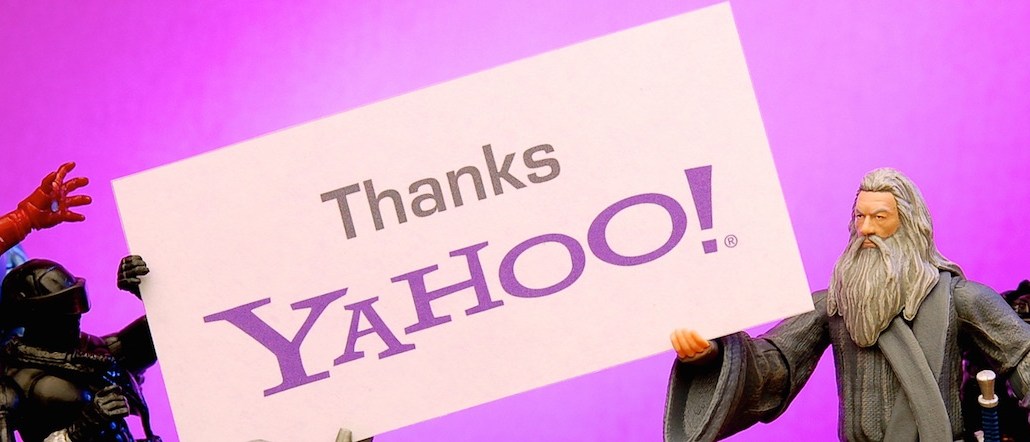Yahoo ads were infected with malware for nearly a week before anyone noticed

For nearly a week, nobody from Yahoo noticed that its banner ads were inflicting people’s computers with malware. The New York Times eeports that hackers infiltrated banner ads on Yahoo’s ad network using an Adobe Flash vulnerability beginning on July 28 until yesterday.
Researchers from security firm Malwarebytes said that the hackers bought ads on Yahoo’s family of highly trafficked websites, like news and sports, and targeted Windows users using older versions of Adobe Flash. Then, a malicious malware code was automatically downloaded to their desktops that was used to remotely control the computer, like locking people out until they paid the hackers.
More frighteningly, the code didn’t require users to even interact with the ad, rather they could get infected was by simply browsing the page. It’s unclear how many people were affected. It’s extremely embarrassing for Yahoo, whose homepage garners 6.9 billion views each month with its subset of news, entertainment and sports verticals collecting hundreds of millions of visits.
After Malwarebytes alerted Yahoo, the company fixed the issue.
“Unfortunately, disruptive ad behavior affects the entire tech industry,” it said in a statement to the blog. “Yahoo has a long history of engagement on this issue and is committed to working with our peers to create a secure advertising experience.”
The recently-discovered vulnerability only adds to the chorus of calls telling tech companies to dump Flash because of its weak security protocols. Firefox said last month it will block Flash from its browsers.
“Right now, the bad guys are really enjoying this,” Jérôme Segura, a security analyst from Malwarebytes told the Times. “Flash for them was a godsend.”
Perhaps native ads really are the wave of the future.
More in Marketing

WTF are tokens?
When someone sends a prompt or receives a response, the system breaks language into small segments. These fragments are tokens.

AI is changing how retailers select tech partners
The quick rise of artificial intelligence-powered tools has reshaped retailers’ process of selecting technology partners for anything from marketing to supply chain to merchandising.

YouTube’s upmarket TV push still runs on mid-funnel DNA
YouTube is balancing wanting to be premium TV, the short-form powerhouse and a creator economy engine all at once.





